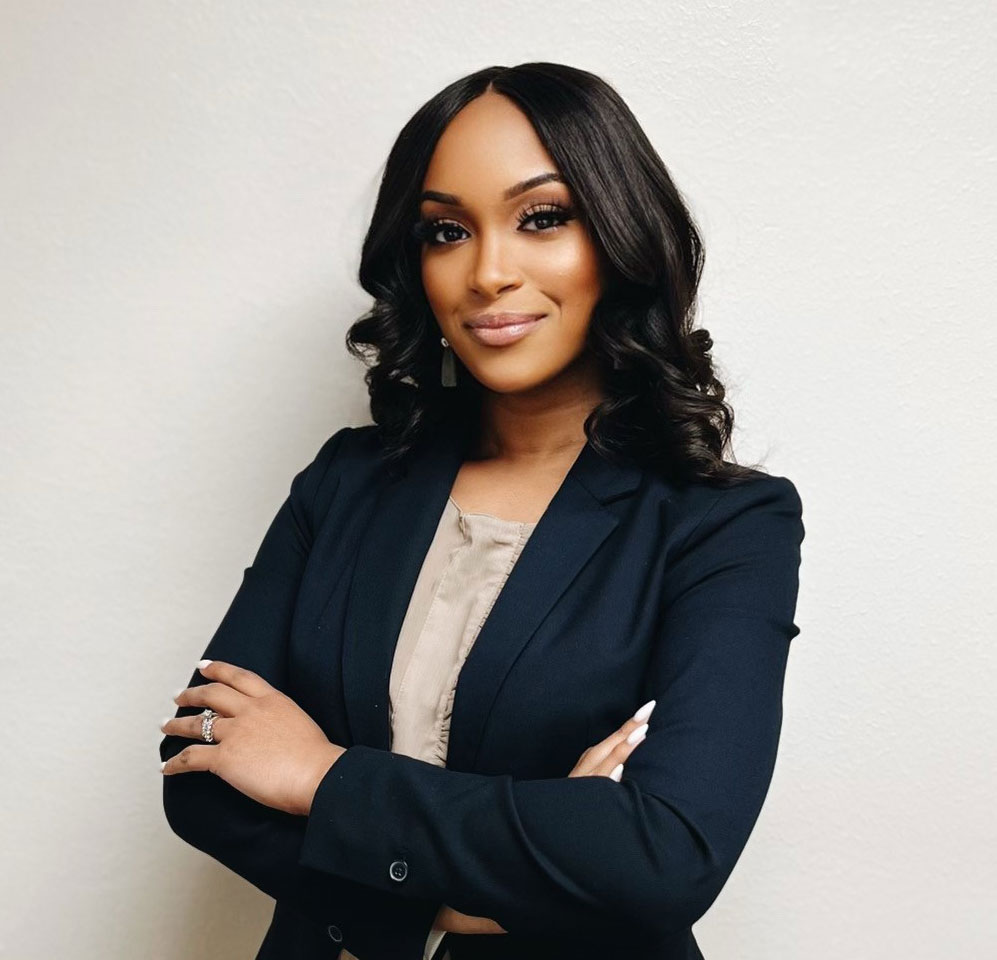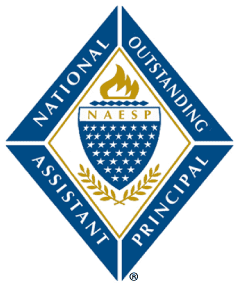
Carise R. Echols
Carolyn Lewis Elementary School
Conway, Arkansas
echolsc@conwayschools.net
Best Practices
1) My love for children was the reason I went into education. I knew that as a classroom teacher I had the opportunity to make an impact on each student within those four walls. Now as an assistant principal, I can make a daily impact on students and staff within the entire school building. I believe that comes by Leading with Love, Purpose, and Integrity. The summer before the start of a school year I read a book titled The Speed of Trust by Stephen M.R. Covey. He discusses the importance of demonstrating with respect. “There are two critical dimensions to this behavior, first to behave in ways that show fundamental respect for people, and second, to behave in ways that demonstrate caring and concern.” This behavior is my Golden Rule and it is something I live by daily. I strive to ensure that the students and staff within our building feel supported, loved, heard, and valued. Whether that be just listening or having open and honest conversations. I believe one of the best quotes I have ever read was from a book titled The Assistant Principal 50: Critical Questions for Meaningful Leadership and Professional Growth. It stated, “Engagement comes before Achievement.” Without a safe environment and friendly school culture, how could we move on to focus on achievement? My principal and I know the importance of having relationships with students and faculty that go beyond school related conversations. A constant demonstration of love, purpose, and integrity are what keeps our relationships strong.
2) A continuation of learning allows for culturally responsive instruction. Stepping into administration within the same school that I taught was an interesting transition. I had to find the balance of learning to lead while looking through a different lens as an administrator. I was a kindergarten and first grade teacher who then became the assistant principal of a K-4 diverse school. I believe that brought on many awesome collaborative conversations with teachers. A quote I read states, “Administrators who share their teaching expertise while being open about their struggles create powerful opportunities for reflection.” That is what keeps the open communication great. I am always eager to model lessons, visit classrooms, and even provide feedback on how to make the classrooms more engaging. These opportunities allow for immediate feedback, which then allow the discourse to become more genuine.
Being called an instructional leader is something I take very seriously. I often attend many virtual professional developments and book studies. One book that comes to mind is Everyone Communicates, Few Connect by John C. Maxwell. After reading, it brought on much reflection about how I communicate with staff but also how teachers communicate and teach their students. With a diverse group of students, two questions I like to ask our teachers are “Who in your classroom will remember you for something good?” and “Who was your favorite teacher and why?”
Those two questions are critical to how we interact and teach our students. Culturally, we understand that all students have different needs, but how can we continue to grow to meet the needs of ALL students? “Connectors create an experience everyone enjoys.” However, we must “communicate in their worlds.”


